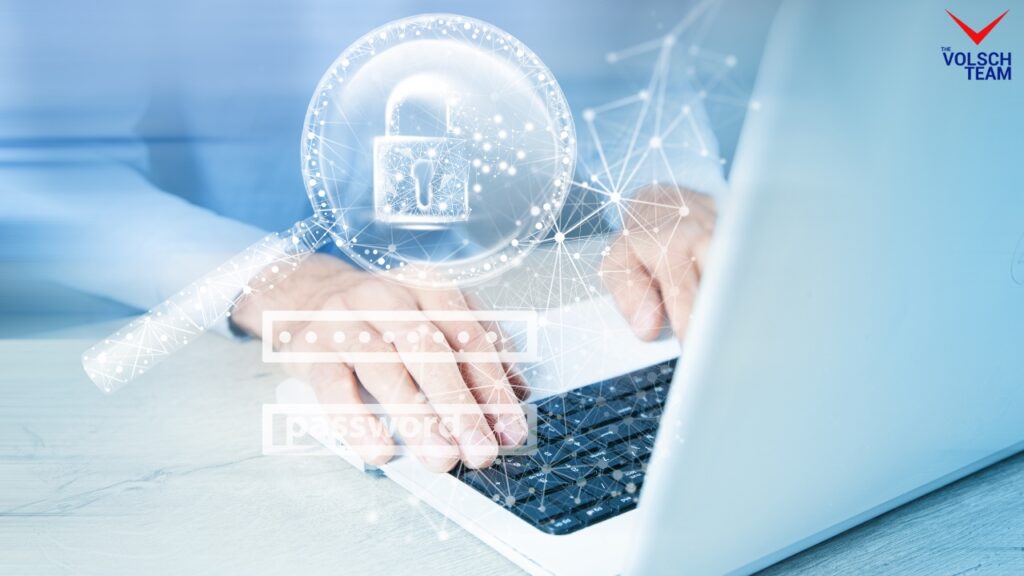As you embark on your next adventure especially with the holiday travel upon the scene, be cyber safe while away from home by following some simple practices to help keep your devices safe and your plans from going awry.
1. Set up the “find my phone” feature on your devices.
Before you head out on vacation, this setting will allow you to find, remotely wipe data and/or disable the device if it gets into the wrong hands.
2. If you share computers, don’t share information.
Be extremely cautious on public computers in airports, hotel lobbies and internet cafes. Keep activities as generic and anonymous as possible. If you do log into accounts, such as email, always click “logout” when you are finished. Simply clicking the “x” does not log you out of accounts.
3. Get savvy about WIFI hotspots.
Do not transmit personal info or make purchases on unsecure networks. Instead, use a virtual private network (VPN) or your phone as a personal hotspot to surf more securely.
4. Protect physical devices.
Ensure your devices are with you at all times. If you are staying in a hotel, the best thing to do is lock them in a safe or lock them in your luggage. Using your device at an airport or cafe? Don’t leave it unattended with a stranger while you get up to use the restroom or order another latte. Keep your devices with you at all times. The phrase “stranger danger” also applies to cybersecurity.
5. Actively manage location services.
Location tools come in handy while planning navigating a new place, but they can also expose your location ‒ even through photos. Turn off location services when not in use.
In A Nutshell . . .
Ensure your devices are with you at all times. If you are staying in a hotel, the best thing to do is lock them in a safe or lock them in your luggage. Using your device at an airport or cafe?
Don’t leave it unattended with a stranger while you get up to use the restroom or order another latte. Keep your devices with you at all times.
The phrase “stranger danger” also applies to cybersecurity.
These days, no matter where you’re headed, being continuously connected is part of the travel plan

